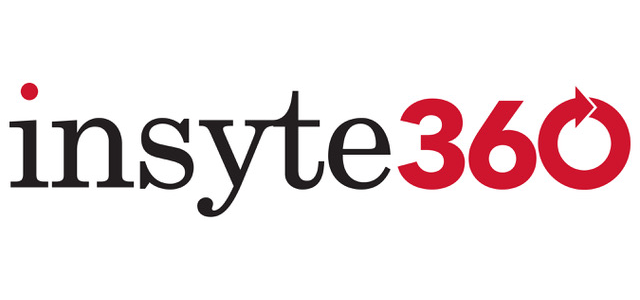Long-Term Just Got Shorter. Way Shorter.
There was a time when you heard the phrase ‘long-term employee’ and likely thought that meant a person had been at a company for at least 10 years. Maybe even 15 years. The point is we thought long-term meant at least a decade.
Times have changed.
The most recent data released by the Bureau of Labor Statistics states that the tenure for today’s average employee is 3.2 years for workers 25-34 years of age. And since millennials make up the largest percentage of employees today, we need to dig into the implications of what this means.
If you have an employee in this age group that stays with you 5 or more years, that employee is a ‘long-term employee’. And will be a rare commodity.
The chances are you are going to experience quite a bit of turnover for the foreseeable future as the workforce becomes more and more populated with younger employees.
So what do you do to help make sure when you hire a person you are hiring the best candidate for the position with the greatest likelihood for success in a short period, as you don’t have a lot of time to go back and retrain and retrain and hope for improvement?
Now more than ever it’s important to hire based on a person’s natural wiring and interests. When going through the hiring process, it’s easy to get sidetracked by how well-spoken someone is. Or you may have the best of intentions that you can hire someone who has a long-track record of success in one area and redirect them to another. But it just doesn’t work out that way.
This doesn’t mean there aren’t transferrable skills learned in one industry that can absolutely make a person very effective in a different industry.
But it does mean that honing in early in the recruiting process on how a person is truly wired is going to be more essential than ever as we seek to hire those employees who can hit the ground running and add great value for as long as we are fortunate enough to have them.
